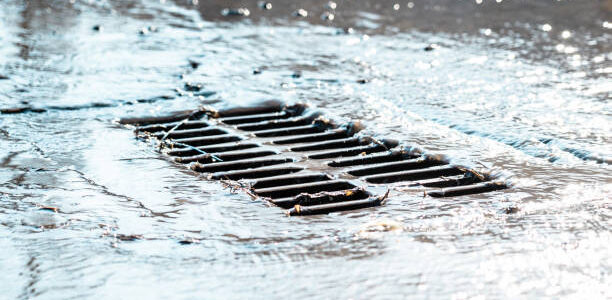BlogLine
New Jersey’s ongoing storm rule does not include duty to pretreat
11/14/24

The Superior Court of New Jersey Appellate Division, recently affirmed summary judgment in favor of the defense in a slip and fall case involving analysis of the ongoing storm rule. Plaintiff filed suit against multiple parties, including the property owner/landlord and the property manager. Plaintiff claimed she slipped and fell while walking in her residential parking lot because of an accumulation of black ice on the parking lot surface. Niu-Wang v. Hillside Estates., No. A-0368-23, 2024 WL 3282428 (N.J. Super. Ct. App. Div. July 3, 2024) cert. denied, No. 089660, 2024 WL 4562266 (N.J. Oct. 18, 2024). The court analyzed the ongoing storm rule established by Pareja v. Princeton International Properties, 246 N.J. 546 (2021).
In Niu-Wang, the plaintiff resided at an apartment complex owned and managed by the defendants. The trial court ruled in favor of defendants and against the plaintiff by finding no “independent duty that should be imposed upon commercial landlords to anticipate weather events and plan against them”, explaining those issues were previously addressed and decided in Pareja when the Supreme Court “specifically rejected a duty to pre-treat when it adopted the ongoing storm rule.” Plaintiff appealed on the basis that defendants owed her a duty of reasonable care to maintain the parking lot in a reasonably safe condition and argued that the ongoing storm rule does not preclude liability based upon the defendant’s lack of action prior to a storm.
Plaintiff attempted to argue that the ongoing storm defense did not apply to her slip and fall incident because lower courts in other matters “signaled” a desire to expand a landowner’s common law duty of care to maintain public sidewalks and walkways. However, the trial evidence was clear. There was no dispute that a winter weather advisory was made on January 4, 2022, which called for freezing rain with the potential to cause ice accumulation on sidewalks, roads, and bridges in the area. No precipitation fell on January 4, 2022. On January 5, 2022, freezing rain fell and coated areas of the complex, including the parking lots. Defendants conceded that no pretreatment like salt or sand was applied, nor was any action taken while the precipitation was still falling.
However, the court ruled that the ongoing storm rule, as adopted by the Supreme Court of New Jersey, did in fact address the pretreatment duty and ruled against it. As set forth in Pareja, a commercial defendant has a duty to address snow and ice accumulation on the property only after a reasonable time following a storm. The court affirmed the rule and found no dispute that plaintiff fell during the ice storm and that no condition existed prior to the storm.
This decision is another good explanation of the ongoing storm defense in New Jersey. It is a reminder that a commercial property owner or manager has valid liability defenses, and it may contest liability for a slip and fall occurring during an active winter event.
The attorneys at Freeman Mathis & Gary have significant experience defending slip and fall claims, especially in the snow and ice context. FMG Attorneys Joshua G. Ferguson at joshua.ferguson@fmglaw.com and Nicholas J. Hubner at nicholas.hubner@fmglaw.com may be contacted further for any questions or comments.
Share
Save Print
